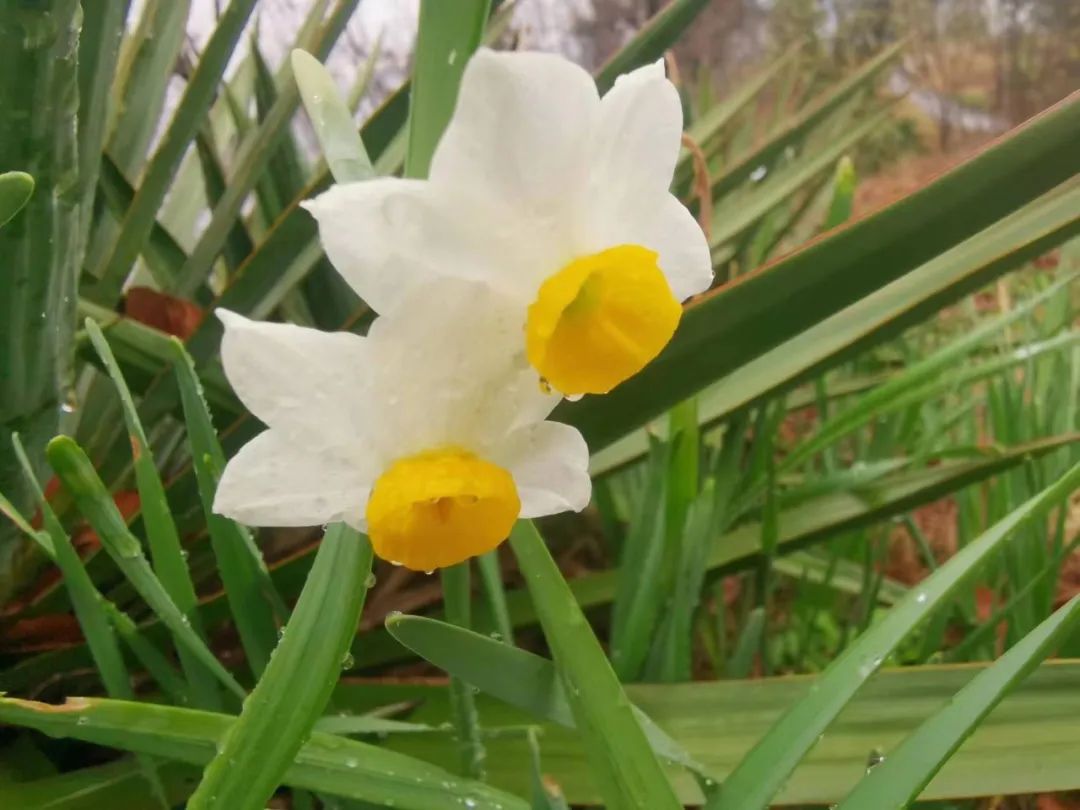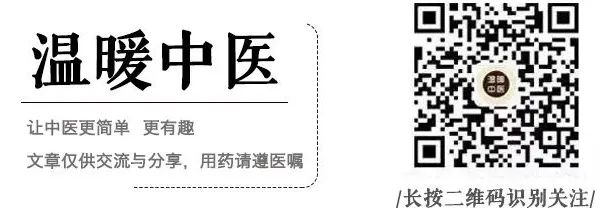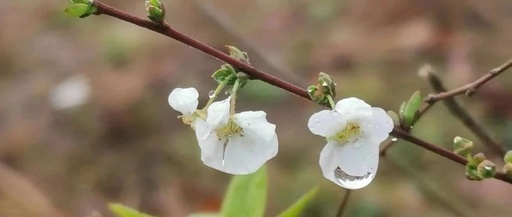
Click the blue text above to follow us

Written by: Warm TCM
Life has great aspirations, and only then can great achievements be made.
■
There is a traditional Chinese medicine formula called Buzhong Yiqi Wan (补中益气丸, Restore the Middle and Benefit Qi Pill), which is particularly suitable for friends with Qi deficiency (气虚). If one experiences Qi deficiency along with a strong aversion to cold, it is urgent to tonify Yang, for which Huangqi Jianzhong Wan (黄芪建中丸, Astragalus Middle Building Pill) is competent.
Huangqi Jianzhong Wan: Huangqi (黄芪, Astragalus), Rougui (肉桂, Cinnamon), Bai Shao (白芍, White Peony), Zhi Gan Cao (炙甘草, Honey-fried Licorice), Da Zao (大枣, Jujube).
Deficiency implies a lack, and Qi deficiency means that the Qi in the body has decreased. We can repeatedly count tangible things, and we can easily understand when they increase or decrease. However, Qi is intangible; how do we know it has decreased? This is not calculated but rather feedback from the body.
Friends with Qi deficiency will have a noticeable feeling of physical weakness, always feeling fatigued and sleepy, and sweating profusely. Additionally, an aversion to cold is also a manifestation, although it may not be particularly strong at this time. A cold wind might cause a shiver, and one may find themselves sneezing, thinking about bringing an extra layer of clothing next time they go out. However, the main focus is still on fatigue, which we describe as Qi deficiency.
If not addressed in time, Qi deficiency will gradually progress to Yang deficiency, meaning that Qi deficiency and Yang deficiency are progressive relationships, two different stages.
Therefore, the first step is to tonify Qi, and Huangqi (黄芪, Astragalus) becomes particularly important. There are three commonly used Qi tonifying herbs in TCM, one of which is Huangqi, while the other two are named after ginseng, namely Dangshen (党参, Codonopsis) and Ren Shen (人参, Ginseng).
Huangqi has a characteristic that Dangshen does not possess, which is its ability to stabilize the exterior. In this regard, it outperforms Ren Shen, which is one reason for its frequent use. By stabilizing the exterior, it can prevent the leakage of Qi and body fluids, reduce sweating, and protect against wind and cold.
Zhi Gan Cao (炙甘草, Honey-fried Licorice) tonifies Qi and strengthens the spleen, which can provide the body with more Qi and blood.
As the aversion to cold becomes more pronounced, it indicates that the body is transitioning from Qi deficiency to Yang deficiency. At this stage, the feeling of fatigue persists, but the focus shifts from fatigue to cold aversion, with the most prominent sensation being cold.
For example, in the summer, when the sun is scorching, walking on the street feels like holding an ice cream that is about to melt, wishing to hide in the freezer immediately. The weather is hot enough, yet friends with Yang deficiency still feel a chill in their calves; if they accidentally get blown by the air conditioning, they may feel discomfort in their stomach and even have diarrhea.
Indeed, Yang Qi is very weak, and we use the spicy and warming Rougui (肉桂, Cinnamon) to replenish Yang Qi, which is the root of Yang energy.
Bai Shao (白芍, White Peony) nourishes Yin and blood, making the entire formula more complete and can also restrain the warming and drying nature of Huangqi and Rougui.
Tonifying Qi and dispelling cold are both addressed, which is the characteristic of Huangqi Jianzhong Wan, suitable for friends who are fatigued and particularly averse to cold. If it is only Qi deficiency, then Buzhong Yiqi Wan is sufficient.
Copyright Notice
This article was first published on the WeChat public account Warm TCM. All rights reserved. Any infringement will be pursued!

